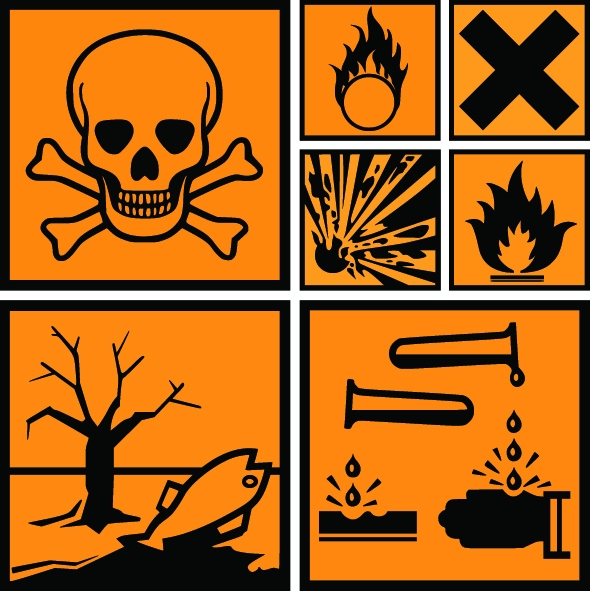(749 words)
Dentists in the UK were given the green light to re-open on June 8, following a recent government announcement, allbeit on a much restricted service.
All across the country, practices are frantically working to implement safety protocols in the wake of the post-lockdown phase of the coronavirus pandemic.
The new ‘return to work’ guidance, issued on May 28 by chief dental officer Sara Hurley laid out a wide range of measures to reduce the risk of coronavirus transmission.
Dental practices will need to implement new patient traffic flows and keep waiting room numbers to a minimum.
The treatment protocol is also set to change significantly. Dentists will now wear full medical-grade PPE and dispose of it after every treatment. Patients will also wear shoe covers and may have to leave coats and accessories in a sterilised box before entering the treatment room.
Yet there’s a distinct question mark around who foots the bill.
In a recent feature in The Daily Telegraph, Dr Mervyn Druian from The London Centre for Cosmetic Dentistry estimates the PPE cost per patient at £25. Meanwhile, The Dental Directory in an article on 29th April suggested that the cost of PPE used in AGP’s will rise from 33p per patient to £38.60 — a rise of 11,600%.
But dental practices are already under significant commercial pressure as they prepare to operate at reduced capacity. Typically, a practice treating 10-12 patients a day before the SARS-CoV-2 epidemic will see this reduce to 4 or 5.
Inevitably, costs need passing on to the patient.
Entirely how customers react to the cost of new measures is not yet known. But the situation is set to add more concern to patients already anxious about how safe treatment can be.
Trust will likely become a central theme in the practice-patient relationship.
The situation is leading many practices to think about using safety protocols as a brand value exercise — easing patients concerns by communicating safety values in every area.
Historically, the way practices use chemicals isn’t a topic of conversation between dentists and patients. Especially as the most commonly used chemicals, Sodium Hypochlorite, Hydrogen Peroxide and Quatenary Ammonium Compounds (QAC) are toxic for mammalian cells, especially when used in the high volumes needed around dental practices: the impact for dental staff can only raise new concerns over exposure levels in the new ‘normal.’
Yet an opportunity now exists to make the chemicals used in infection control a feature of patient marketing.
Adding value by highlighting chemical safety to build TRUST and confidence
As dental practices gear up to reopen, we see a standard narrative appearing on dentist websites and in email communications, using refrains such as
“We are carrying out additional upgrades for our patients and staff to feel safer than ever.”
The messaging is needed as some reports suggest that 40% of patients are wary of vising the dentist due to concerns over safety.
Many safety-conscious dental practices already adopt CleanCert Innovations’ 360-degree approach to clinical infection control in the UK.
But the company hopes many more dentists will embrace the benefits of an end-to-end system with a consistent safety message.
CleanCert 360 provides dentists with products to manage fast biofilm removal in waterlines, oral biofilm eradication and hard surface and hand disinfection. In addition, new products are being developed to address fallow time between patients.
Safer for patients — safer for staff
CleanCert products help dentists get back to work without the worries and risks associated with pre-mixing toxic chemicals like Sodium Hypochlorite, Hydrogen Peroxide and QACs
The active ingredient in CleanCert products is Hypochlorous acid (HOCl). An effective natural biocide with potent bacterial, fungicidal, virucidal and sporicidal characteristics.
Hypochlorous acid is 80 to 120 times more efficacious than Sodium hypochlorite in some conditions, yet free from harmful chemicals like aldehyde, alcohol and bleach.
Also, hypochlorous will not irritate the lungs or mucosa.
CleanCert 360 provides dentists with a safety message to communicate transparently with their patients.
If you’d like to learn more about how CleanCert Innovations is easing the pressure on dental practices, please call our customer helpline on:
08443 511115 or Email: Technical@CleanCert.co.uk
If you are looking to purchase OptiZil hand sanitizer and hard surface disinfectant, OraWize+ oxidising mouthwash, or CleanCert biofilm remover, you can buy the products from 360 dental, Trigiene Dental, Denka, Aroschem, Next Dental, The Dental Directory and direct from the CleanCert website:
Retail price policy
CleanCert operates a strict retail price policy and discourages the practice of stockists increasing prices in times of high demand.
